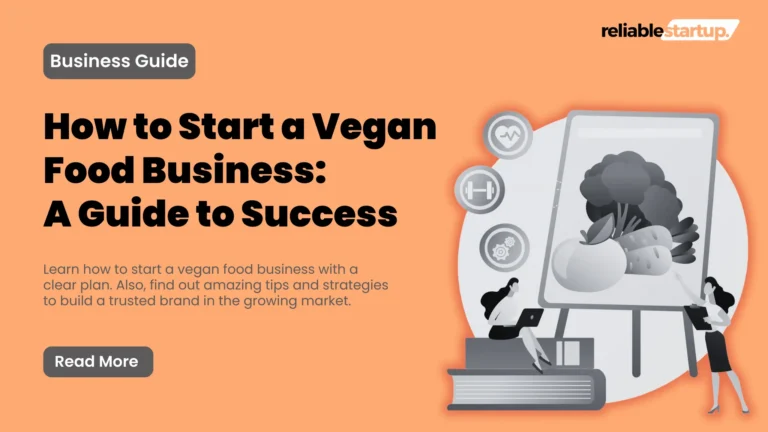Food Safety Certifications Required For Small Businesses
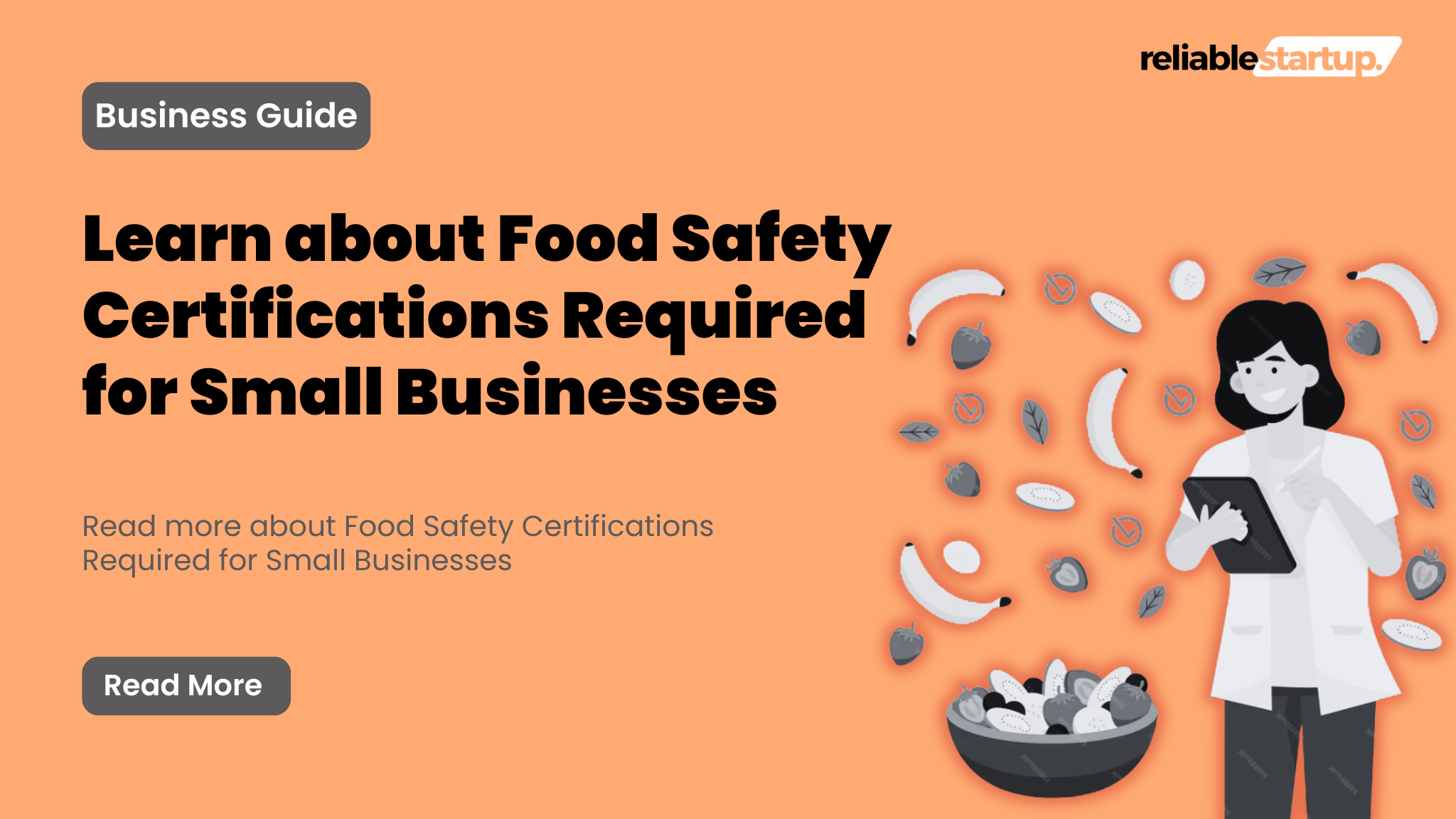
Imagine you are running a food business but suddenly ISO members come and seal your business and go because you don’t have a food safety certification. This sounds hurting, right?
Here’s why you came to know that you should have food safety certifications for small businesses. Also you thought of food safety certifications that can make people aware that your food product is safe and harmless for them.
But you are afraid because you don’t know how to get it, worry not, you have come to the right place. In this article, you will learn the whole process of getting a food certification, how it works and how you can get it.
Let’s have a look to know the details!
Food Safety Certifications
Before starting a struggle to get it, you need to know what it is. It is a formal identification that talks about the business’s process, production, and food safety. The official teams come to check the business and take serious audits and inspections.
Food safety certification tells about everything such as raw material sources, processes, packaging, distribution, and retail. They make sure that their food handling is under safe conditions and that it is free from any danger.
Also, Read about food business trends for 2025
Types of Food Safety Certifications
Here you meet four different types of food safety certifications:
- HACCP Certification
- ISO 22000 Certification
- FSSC 22000 Certification
- GMP Certification
HACCP Certification
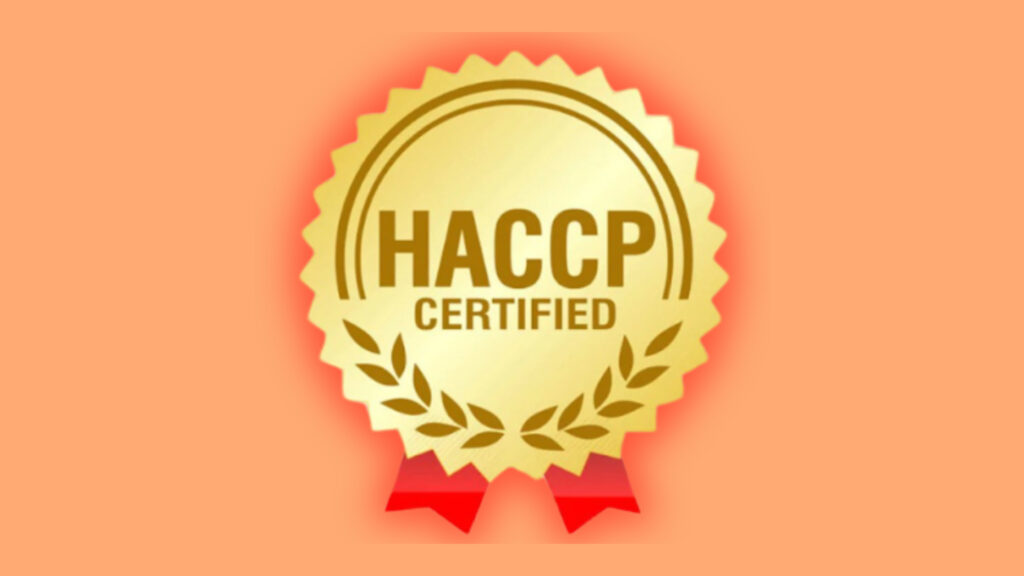
This certification helps the company to recognize, evaluate, and control potential hazards in the food production process. Moreover, it is responsible for the safe delivery and quality of products.
This certification collects a systematic hazard analysis to minimize potential risks and implement preventive controls. When you work by properly following their guidelines, it increases food safety by knowing and addressing the potential risks throughout the food supply chain.
It makes an organization adopt accurate measures to ensure food safety. It also provides tools for danger identification, crucial control point development, and control implementation.
Certification for ISO 22000
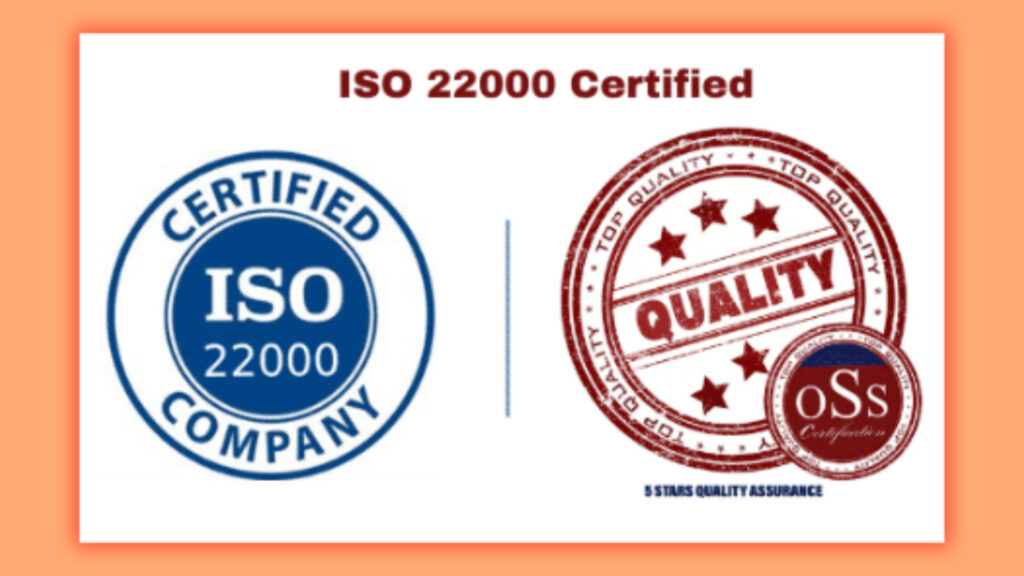
An International Organization for Standardization (ISO) offers this certification. It gives a proper framework to the food industry that industries are supposed to follow. That framework includes instructions for the production, handling process, and distribution of the food in a safe way.
It focuses on responsible behavior that works for consumer protection and well-being. Moreover, it increases their confidence in the organization’s products and services. It shows a proactive approach to reducing hazards and ensuring product value by protecting consumer health.
The other features of ISO 22000 for food safety management are hazard analysis, risk assessment, control measures, communication, and continuous improvement. It suggests all businesses develop a comprehensive system, from safe food production and handling to distribution.
FSSC 22000 Certification
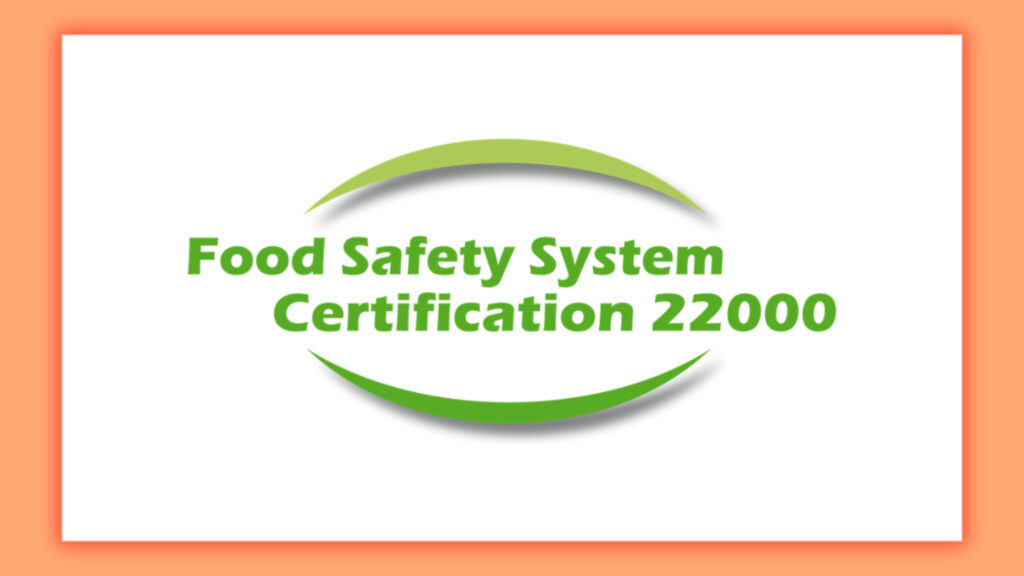
This certification works to develop a more productive and easy food supply chain. It emphasizes specific requirements and gives a clear framework to follow. It promises to give an impactful hazard control and laws. Moreover, it works on a continual principle of the food supply chain.
It increases consumer trust by controlling and reducing food safety hazards that highlight production efficiency. Additionally, it offers understandable hazard control measures, and regulatory rules, and continual improvement helps to fulfill the needs and requirements of the food industry.
GMP Certification
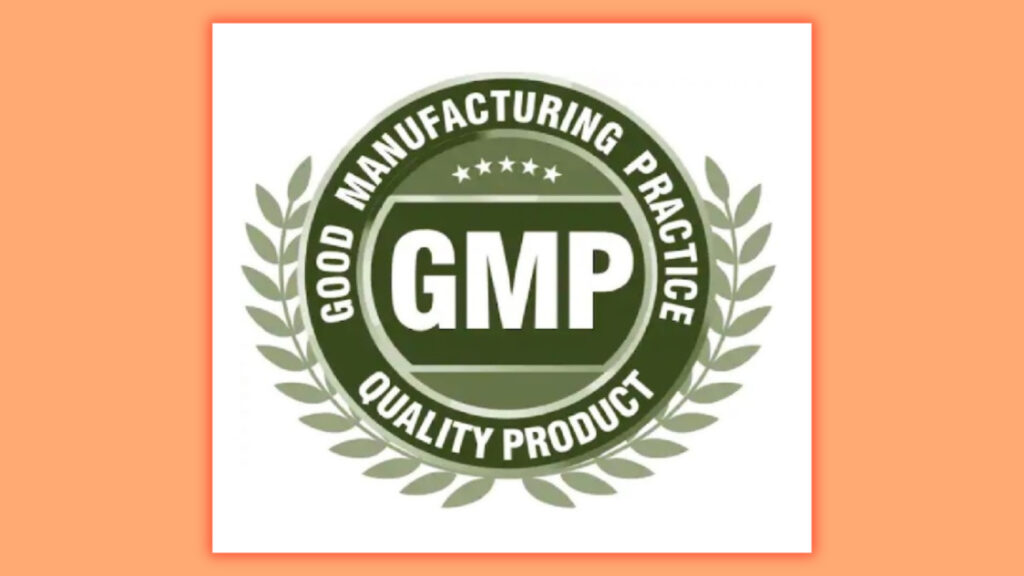
This certification allows you to produce products continuously while maintaining their standard and quality. It measures compliance with the quality standards, from the production and packaging to the distribution of goods.
It gives safe, consistent, and compliant manufacturing processes to deliver safe and healthy products. It checks business processes at all levels to secure safe and consistent food production.
Good Manufacturing Practice (GMP) certification works for manufacturing processes to see hygiene practices and quality control measures. It ensures product safety, purity, and potency and also increases consumer confidence in an organization’s products and services.
Want more variety to present to your audience? Read Most Profitable Niche Food Products to Sell in 2025
Benefits of Certification for Small Businesses
Now you might be thinking of what will be the advantages of getting certificates, right? There are many benefits of certifications for small businesses but the prominent ones are:
Enhanced Reputation
These certifications will be proof of your authority and your quality. These tell people that what you are selling is the first standard product. This means they enhance your reputation in the market. To get that reputation, make sure to earn this certification for your food business.
Read more about Food Business Marketing on a Budget: 6 Effective Strategies
Compliance With Regulation
This provides you compliance, you submit all the documents to the government and tell them that you are doing your best and all the things are legally approved.
This benefits your business and attracts people to your food bus. It assures the arousal of your business.
Access to New Market
This certification gives you access to the new markets because many retailers search for the businesses that are certified. When you are certified you will get new offers to grow your business every new day.
Steps to Obtain Certification
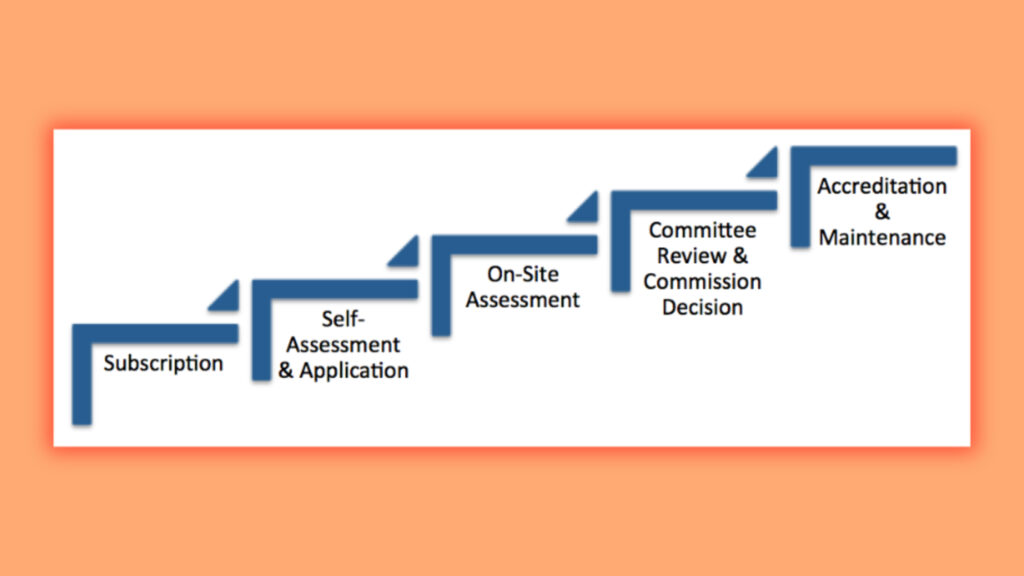
You can follow these steps to get certification:
- Identify the relevant certification and you can go for HACCP and ISO 22000. These certifications can help you earn a reputation.
- Ensure your organization is working on what the certification requirements want.
- Work on necessary controls, systems, and training procedures.
- Activate the internal audits to know gaps and areas which need attention for improvement.
- Search for the reputed certification body for an official audit and contact him.
- Recall findings and achieve compliance for certification.
The certification requires documentation, to ensure they get them ready. Additionally, these documents help the certification body to recognize areas that need improvement and areas with high potential. The certification body conducts an official audit to identify the gaps and shortcomings.
Documentation Required for Certification
You need some documents required to achieve food safety certifications as follows:
- Hazard Analysis and Risk Assessment Documents
- Food Safety Management System Documents (ISO 22000, FSSC)
- Prerequisite Program (PRP) Documents
- Critical Control Point (CCP) Documents
- Training and Competency Records
- Audit and Inspection Documents
- Verification and Validation Documents
- Record-Keeping Documents
- Documentation Control
- Food Safety Manual
Learn to build a strong brand for your business
Conclusion
Achieving food safety certification is crucial for companies along the supply chain in a world where food safety is everything. Certifications give businesses a framework to make sure their goods adhere to safety regulations.
Food safety certifications required for small businesses can be acquired by using those steps, but if you are finding it difficult and need some help, contact our team to make it easy for you.
FAQs
What is the food safety system certification?
It is a system to control food safety hazards, minimize risks, and ensure safe food production. Reliability in delivering safe food contributes to consumer trust and, eventually, consumer loyalty.
What is BRC certification?
BRC certification enables us to meet the requirements of British distributors in terms of food quality and safety. The British Retail Consortium Global Standard guarantees the establishment of harmonized and adapted processes to ensure food safety.




